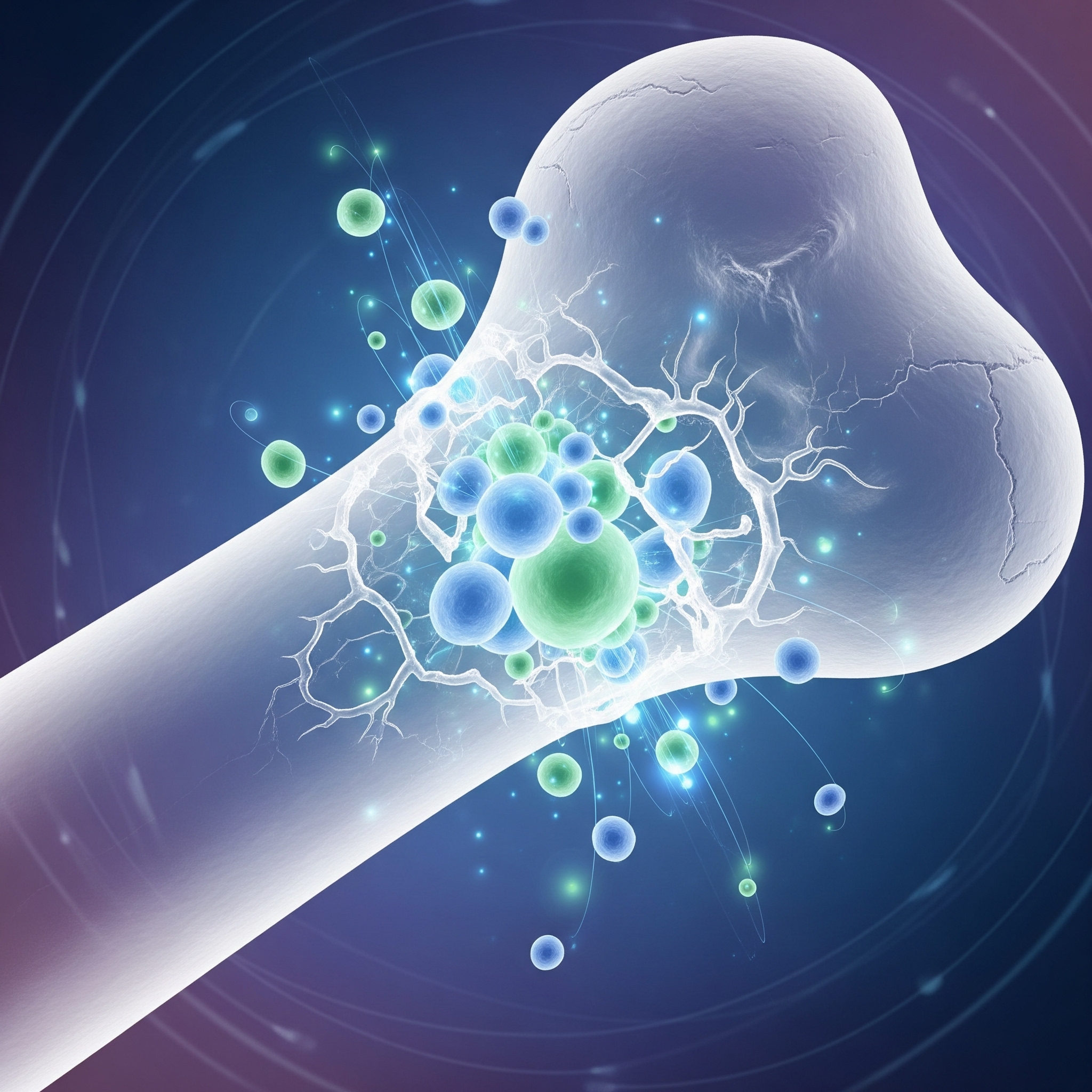Sexual abuse affects individuals from all walks of life, regardless of age, gender, or background. In the face of such a distressing experience, it’s essential to understand that there is hope and help available. Survivors face pain, confusion, and fear. One of the most challenging aspects of sexual abuse is breaking the silence. Speaking up is a crucial step towards healing and seeking justice.
Speaking up about sexual abuse can be empowering. It allows survivors to regain a sense of control over their lives and experiences. By sharing their stories, survivors take the first step towards healing and holding their abusers accountable.
Protecting Others
When survivors speak up, they contribute to the protection of others who may be at risk of abuse by the same perpetrator. Reporting abuse can prevent further harm and create safer environments for everyone.
Legal Recourse
Seeking legal action is often an essential part of the healing process for survivors of sexual abuse. It can provide a sense of justice and closure while holding abusers accountable for their actions.
Privacy and Confidentiality
We understand the importance of maintaining the confidentiality of your information. We have stringent measures in place to protect your privacy at every stage of the legal process.
Your Peace of Mind Is Our Priority
We understand that coming forward about sexual abuse can be a deeply personal and challenging decision. We want you to know that your peace of mind and well-being are our top priorities. Speaking up about sexual abuse is not only an act of courage but also a crucial step towards healing, justice, and the prevention of further harm.
Mental Trauma
Mental trauma resulting from sexual abuse is a significant concern, and its impact can be as debilitating as physical injuries. The effects of mental trauma often linger long after the abuse has ended, affecting the survivor’s daily life, relationships, and overall well-being
Post-Traumatic Stress Disorder, commonly known as PTSD, is a prevalent mental health condition among survivors of sexual abuse. The experience of sexual abuse can be so overwhelming that it leaves survivors with lasting symptoms, including flashbacks, nightmares, avoidance, and hyperarousal.
Depression and anxiety are common among survivors. They may also experience changes in appetite, sleep disturbances, and a lack of interest in activities they once enjoyed. Depression and anxiety can be debilitating and may require therapeutic intervention, including counseling and medication.
Dissociation is a coping mechanism that some survivors employ to distance themselves from the trauma they experienced. Dissociation can help survivors survive the immediate trauma, but it can complicate their understanding of the abuse and their emotional reactions.
Survivors of sexual abuse often carry invisible scars that affect their mental health, relationships, and overall quality of life. It is crucial to recognize the gravity of these challenges and to provide survivors with the support and resources they need to heal.




